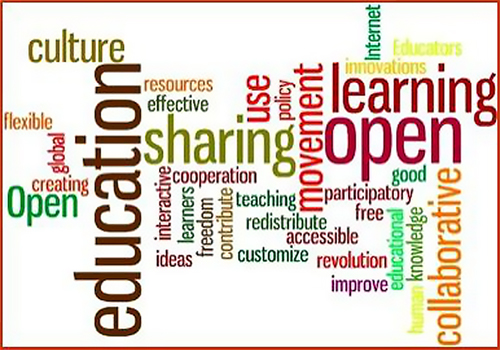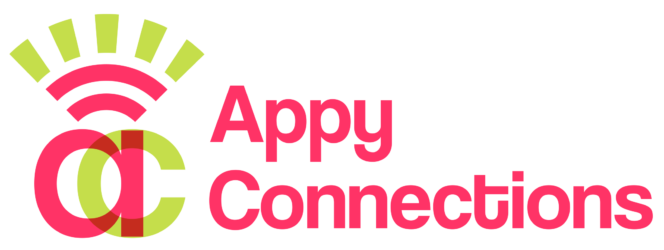Developmental Educators uncovered: What do we actually do?

Developmental Educators (DE) have one collective ethos ‘to enhance the lives of people with disability’, and that simple truth holds true in all we do.
We are currently the quiet achievers; the new Allied Health Professionals (AHP) and we have a professional association DEAI, Inc who advocate for us to have a seat at the AHP table. We deliver a range of support as AHP under the National Disability Insurance Service (NDIS) including therapy supports. DE’s are university trained professionals who implement and develop effective strategies to support the developmental learning goals of individuals who have challenges such as acquired brain injury, physical and neurological disabilities, autism spectrum disorders, intellectual disability, and other disabilities and can use these in various ways (click here for examples).
The DE skillset is broad yet provides specialised disability support which is unique, resourceful and targeted towards individual strengths of the person receiving service and their support networks. DEs hold a wide range of skills and are an asset to any employer. Since my graduation in 2015, I have contributed:
5 different roles in 5 years
Locally (Far South Coast, NSW)
- Educator- Organiser/delivery of formal/informal training for disability support staff
- Trainer – Delivery of accredited training ‘Cert III in individual support’
Hired as DE/AHP equivalent – Servicing larger areas and linked to broader organisations
- Outreach Coordinator -Deliver project in Southern NSW to hire and train Therapy Assistants to work under supervision of Allied Health partners.
- Contract Assessor – Supported Wage/Ongoing Support Assessments
My favourite role:
- Developmental Educator @ my own business Appy Connections, which also makes me a manager too. I conduct or deliver developmental assessments/therapy and training for people with disabilities while also upskilling them in using the right technology to enhance learning/ living skills.
This is following 15 years working in the disability services field fulfilling roles as a Disability Support Worker (mostly with adults in training/education and community access) and as a teachers aide (working 1:1 with a child who needed full time support). I soon discovered the mainstream education department was not for me. While supporting adults at work I was also studying and fortunate that I could practice my DE skills. I was forever grateful for the many people who taught me along the way. People with disabilities can also be our greatest teachers.
I knew when it was time to fly like a bird. Keeping ‘open to possibilities’ has been a major theme all my life. It took some courage to spread my wings across the sector and transition as a professional. I did do it and have arrived full flight into the allied health arena.
DEs undertake a multidisciplinary approach which can include:
- Sensory needs – Occupational Therapy
- Communication and Social Skills -Speech Therapy
- Interpersonal -Counselling
- Diversified Learning and Instruction -Special Education
- Transitioning school to employment – Employment
- Consultancy or Rehabilitation
It is a diverse tool kit and I get most excited implementing individually tailored programs. I’m happy I don’t fit into one box and as a DE with my own business and experience, I can quite naturally be creative, responsive and collaborative. In certain instances, if out of scope I refer clients to another AHP or even better work in collaboration. Here is an actual example:
“A 44-year-old man with autism required visual aids for a specific new skill related to ‘keeping safe’ and following a process for contacting someone when he got a flat tyre on one of his solitary rides on country roads. He engaged a speech therapist who had taken photos and completed the low tech visual aids (paper versions) and short step by step instructions. A great resource but not user-friendly to take bike riding. As he was to take his mobile phone on the bike rides, I collaborated with the speech therapist and was able to use her images and words and replicate this into a high-tech version using an existing app ‘Sounding Board’. The same instructions on his phone were then accessible and mobile at all times. Additionally, it was further customised with his own voice as audible instructions to follow. A learning program was developed and implemented and his support staff were trained to follow and practice this process with him”.
NDIS participants are often on waiting lists to see AHPs, especially in regional areas. DE supports and services are comparable to our AHP friends such as Occupational and Speech therapists, it is just a matter of time before this new profession is more widely recognised.
Currently DEs are largely South Australian but there are a few more of us around the country. Watch this space, I’m curious and anticipating the look of this profession in 5 years from now.
Living in regional NSW and having access to technology has enabled me to study an interstate degree then create and grow into my dream job. It’s part of my vision to provide a service that builds capacity for people with disabilities to overcome barriers and realise their dreams and potential too.
